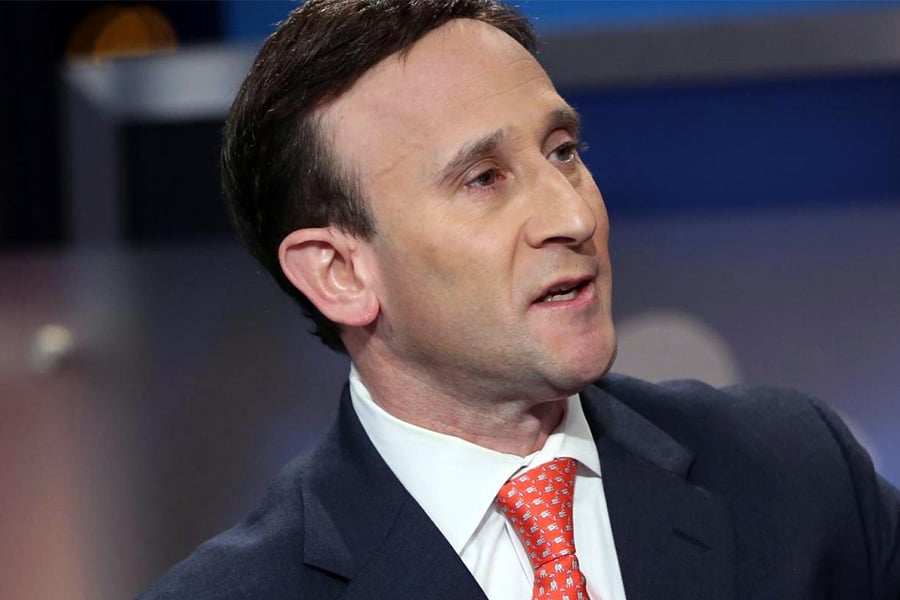Five candid responses on interest rates, U.S. stocks, foreign stock markets, the race for the White House, and summer moving watching.
A candid chat with Russ Koesterich, head of asset allocation for BlackRock's Global Allocation Fund. Mr. Koesterich addresses interest rates, his U.S. stock picks, why he likes Japan, and his take on the presidential election.
InvestmentNews: As you know, low and even negative rates are one of the enduring themes of this market. How much longer can this go on?
Mr. Koesterich: It can go on for a while, even though it doesn't make much economic sense.
Most of us were taught you have to pay to borrow money. But nominal worldwide economic growth is low, so interest rates will be very low. Several world central banks are pushing hard to create accommodative monetary conditions, and that can go on for some time. I think rates will go back up here in the U.S. but there is a practical limit as to how much U.S. rates will rise if rates overseas are this low.
I think this means that asset classes, whether they're high-yield bonds or dividend paying stocks — or anything else that creates a reasonable level of income — will be in demand. We have an aging population that would like to find sources of income and those are increasingly rare. And gold also does better in an environment when rates are low in real terms.
InvestmentNews:You're recommending an overweight position in foreign stocks. Why?
Mr. Koesterich: I think U.S. stocks are stretched in terms of valuations. European stocks are normally cheaper.
If you look at the composition of the U.S. market, Europe looks different. They tend to have companies that are more dependent on operating leverage and don't maintain earnings consistency. Strong companies in the U.S. tend to trade at a premium. But I still think the U.S. is expensive. Valuations suggest that the returns of next five years will be lower than the past five years.
Japan is the one market at a lower price-to-book ratio than the U.S. You've seen a real improvement in corporate governance there. There are reasons to question the quality of U.S. earnings, but what you see in Japan is what you get. You just see more cheap, good companies in Japan. It's the third-largest economy in the world and there's a significant domestic economy. Companies there are much less dependent on the global economy than investors think.
InvestmentNews: What do you like in U.S. stocks?
Mr. Koesterich: Stable growers — companies that are able to generate consistent earnings growth through consistent revenue growth. It's the other end of the barbell. If rates stay where they are, investors will reach for dividend yield. Another thing that's scarce is organic earnings growth. There's not much topline growth. Tech is one place where we've seen organic growth. Another area is healthcare. Where do we see companies commanding wallet share? Investors are spending more on tech and healthcare than restaurants and apparel.
InvestmentNews: What is the election going to mean for the market?
Mr. Koesterich: A growing theory is that people are nervous about the election. It's an unconventional election, and I'm not brave enough to call it. One thing both candidates agree on is that we may see more government spending. If that does come to pass, it may put some upward pressure on inflation and interest rates. People argue that in a low-rate environment, we should be borrowing more to take advantage of low rates. It doesn't mean rates would skyrocket, but it could mean some backup in rates.
InvestmentNews: Seen any good movies lately?
Mr. Koesterich: Most of the movies I've seen have been with my 11-year-old son. The last one I saw was Captain America: Civil War. We saw it on Mother's Day, and to give my wife credit, she was up for it. And Marvel has learned to put in enough eye candy to keep moms happy.







